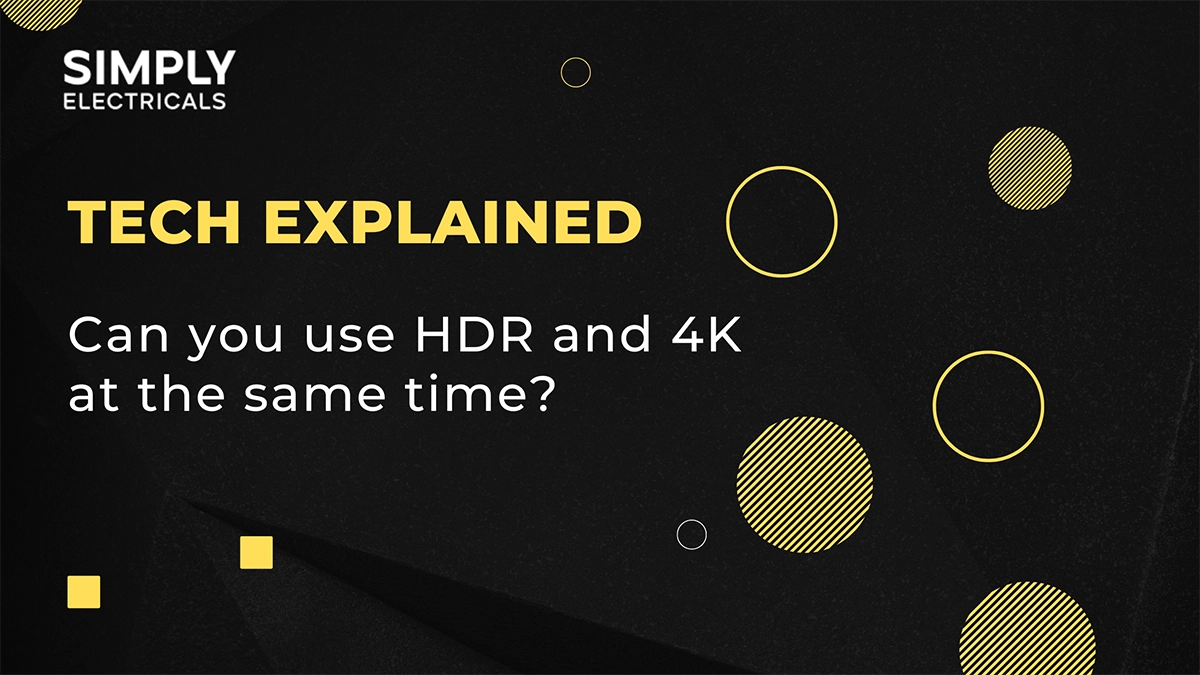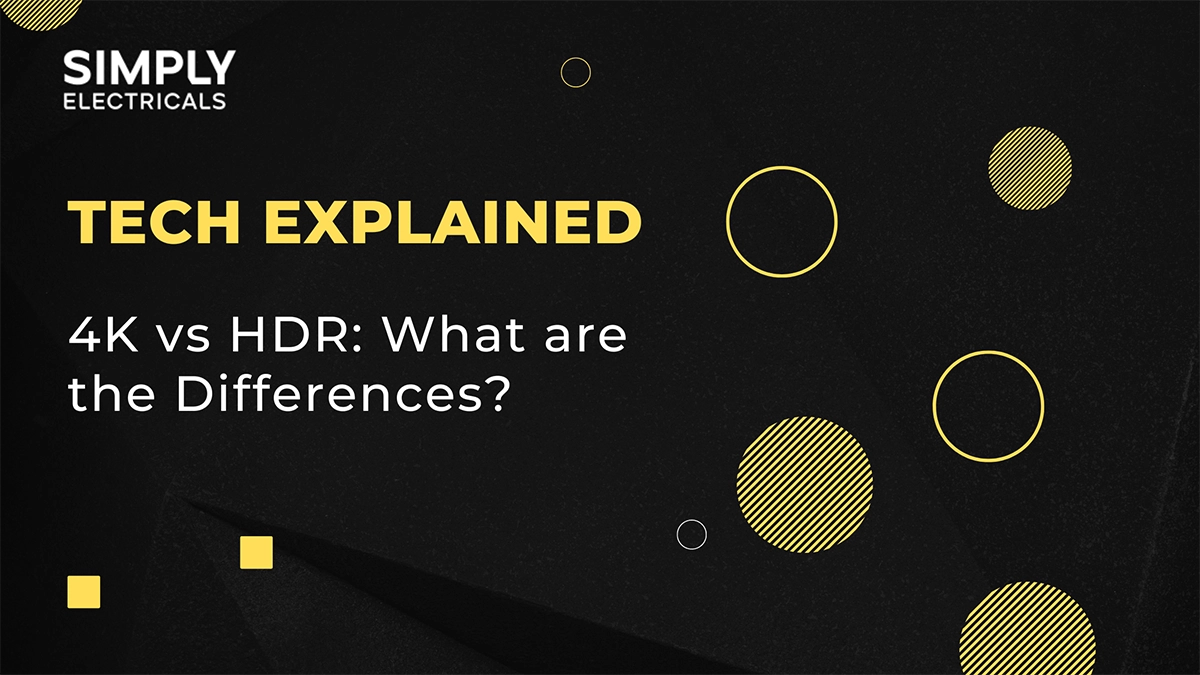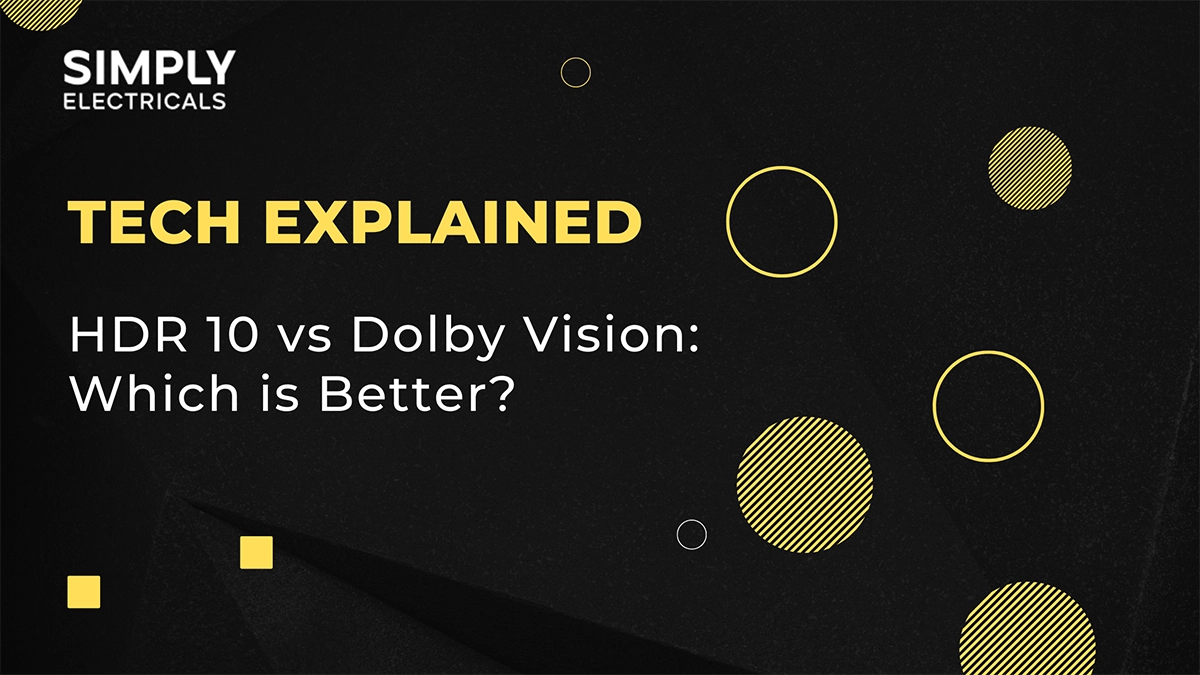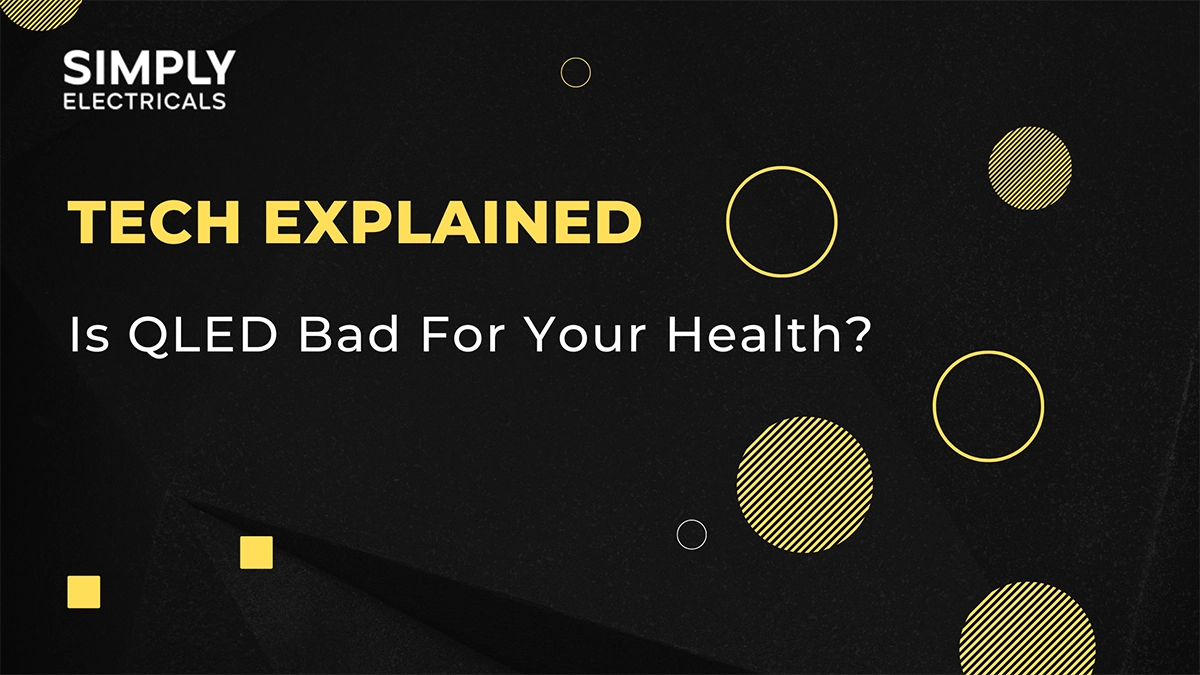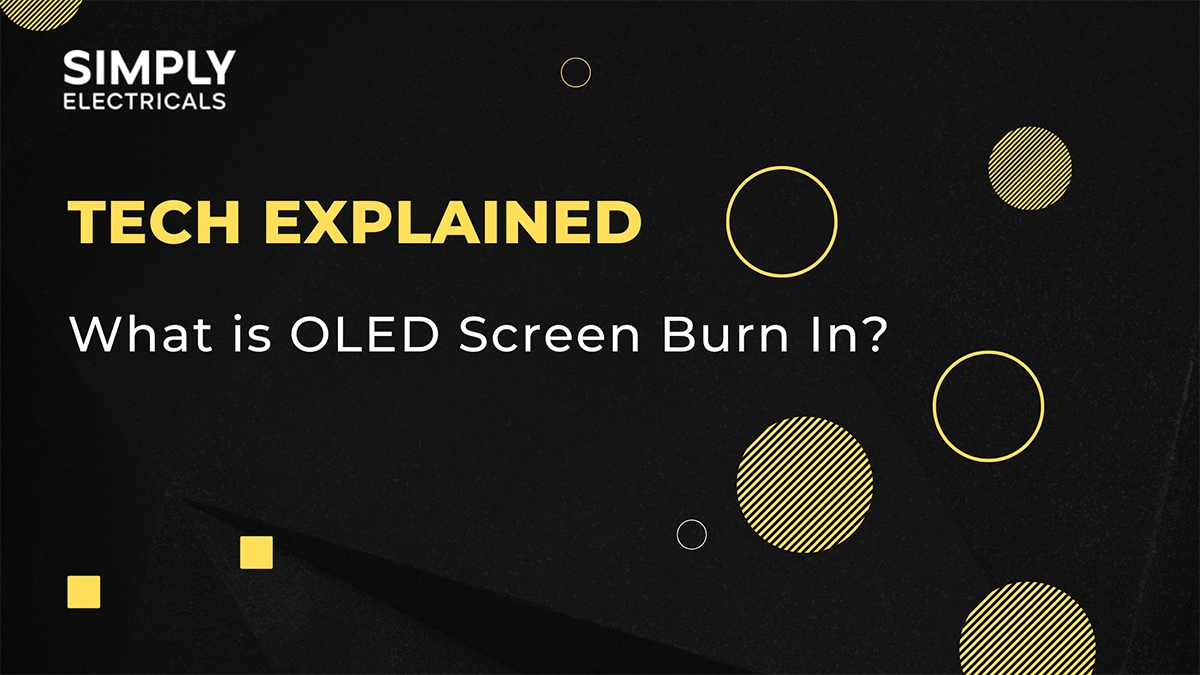When it comes to purchasing a TV, it can be a hefty investment.
With this in mind, we can see why you’d want to purchase a TV which you know is both right for you and that you are getting your money’s worth.
QLED vs OLED: A quick summary
QLED and OLED TVs are built up using different types of technologies.
In doing so, they both have different pros and cons, but at the same time still have certain similarities.
QLED technology is designed around nanocrystals, otherwise known as quantum dots.
These dots are illuminated by a backlight which then allows for great contrast of colours to create great imagery.
On the other hand there is OLED. OLED uses organic material which when an electrical current flows through, it begins to glow. It is this glow which emits the colours on the screen.
Each pixel is self-emissive, meaning they can turn themselves off if need be which allows for an infinite contrast.
QLED vs OLED for gaming
When it comes to gaming, there are three important things that are important to all gamers: quick response times, minimal to no input lag and the refresh rate being both consistent and variable.

OLED and QLED response times
|
OLED |
QLED |
|---|---|
|
0.1 milliseconds |
2-8 milliseconds |
Let’s talk about response time first.
The response time refers to the time it takes for the pixels to change from one state to another, so basically, it is how fast the TV can respond and change its pixels in order to show what’s happening in the game.
When it comes to response times, OLED TVs win with no complaint.
QLED TV response times can take between 2 to 8 milliseconds which is very fast, however, OLED TVs respond at about 0.1 milliseconds.
OLED and QLED input lag
Input lag is slightly different, it refers to the amount of time between pressing/inputting a button on a game controller and then seeing it happen on the screen.
The majority of both QLED and OLED TVs do have game mode; when switched to this mode, it allows the TV to cancel out any unnecessary extra video processing which reduces overall input lag.
OLED and QLED refresh rate
When mentioning the refresh rate, it is the number of times the TV updates per second what is actually being shown on screen.
Refresh rate is similar to frame rate, which is the amount of times per second a TV show, film or video game sends a new update to the TV.
The main thing you are looking for when finding the perfect TV for gaming is the refresh rate being 2x larger than the frame rate.
The current games consoles, Xbox Series X and the PS5, can run 4K resolution at 120Hz – to make the most of this, you’d want a TV which does 60 frames per second as then, the refresh rate would be 120Hz.
An added mode which would be ideal to look for when purchasing a TV when it comes to gaming is VRR (Variable Refresh Rate).
Most games change consistency in the amount of frames needed throughout the game. With VRR, this makes gaming a lot smoother and has no lag.
[When it comes to gaming, OLED comes out on top compared to QLED due to its rapid response time and refresh time.]

QLED vs OLED for sports
For watching sports, OLED comes out on top with their great response times and refresh rate.
OLED TVs also have amazing viewing angles, and with the majority of people watching sport in a group setting, this is very important.
The viewing angle of OLED TVs are 70 degrees from the centre, whereas QLED TVs are 20-40 degrees from the centre.
Motion handling is another factor to take into consideration when watching sports on a TV.
High refresh rates and low response times are what you are looking for; high refresh rates reduce the amount of motion blur whilst response times stop ghosting during quick movements.
[Again, OLED TVs come out on top however, there isn’t too much differentiation for watching sports, so if you need to use a budget then, a QLED TV is for you.]

QLED vs OLED for movies
When it comes to watching films, neither technologies have an advancement over one another.
Video processing, colour and resolution and practically the same.
[For which one to go for movies, it simply depends on whether you want to splash out on a TV or not as OLED TVs are more expensive than QLED.]




